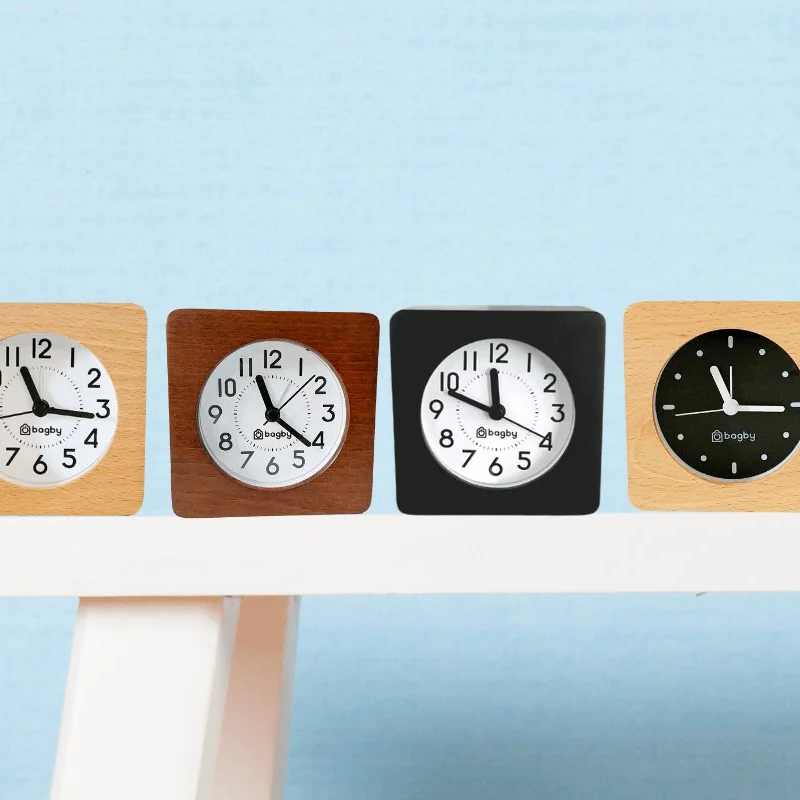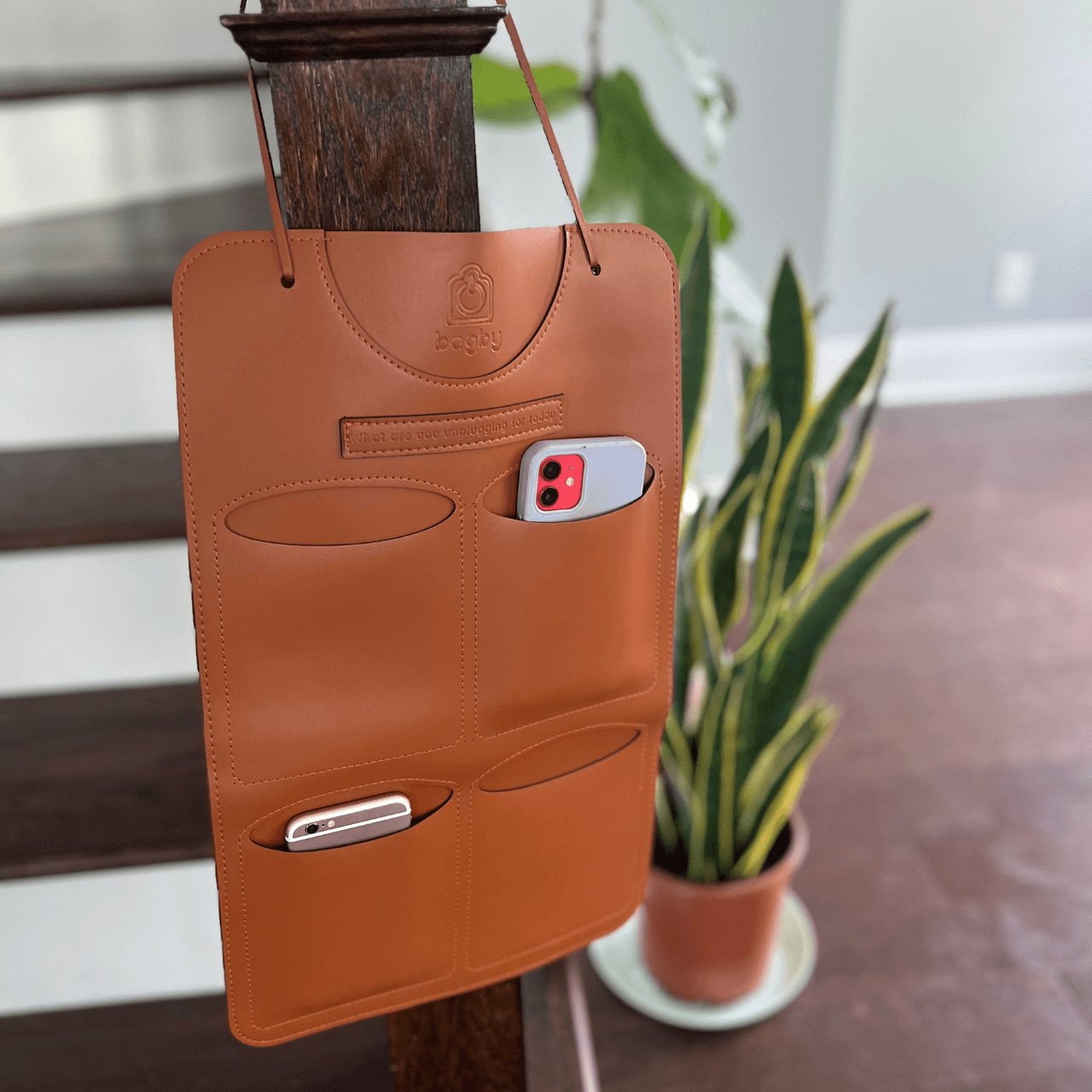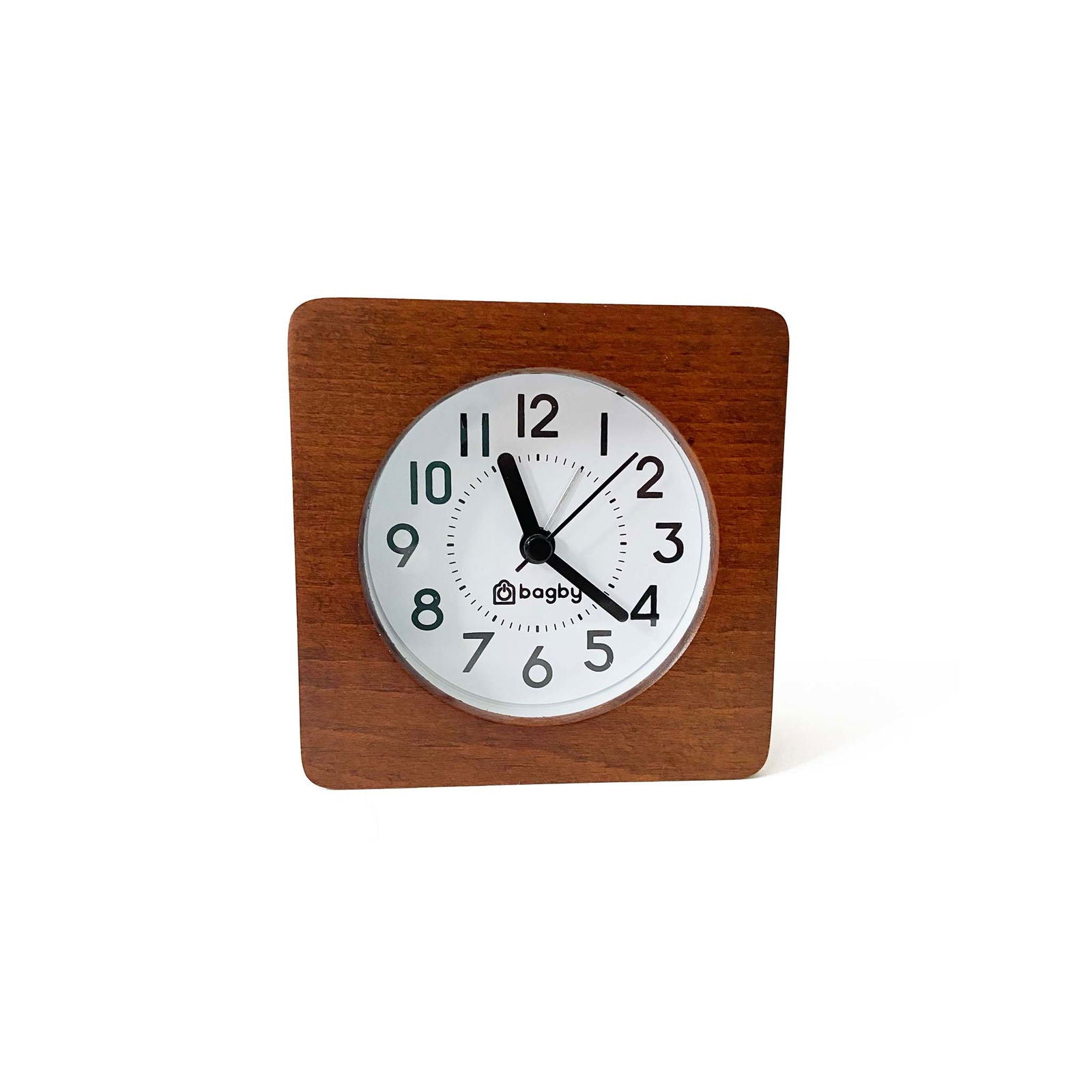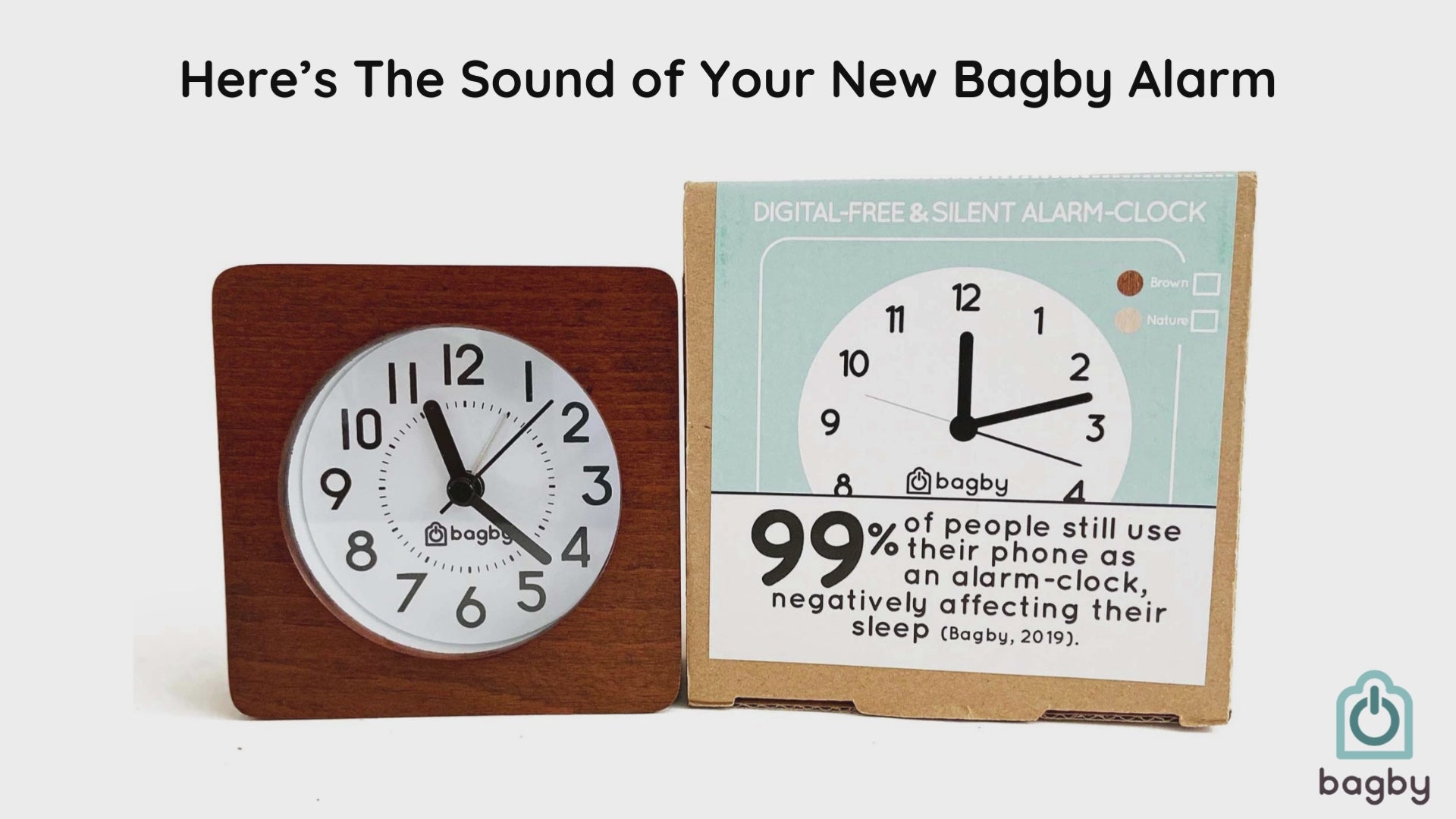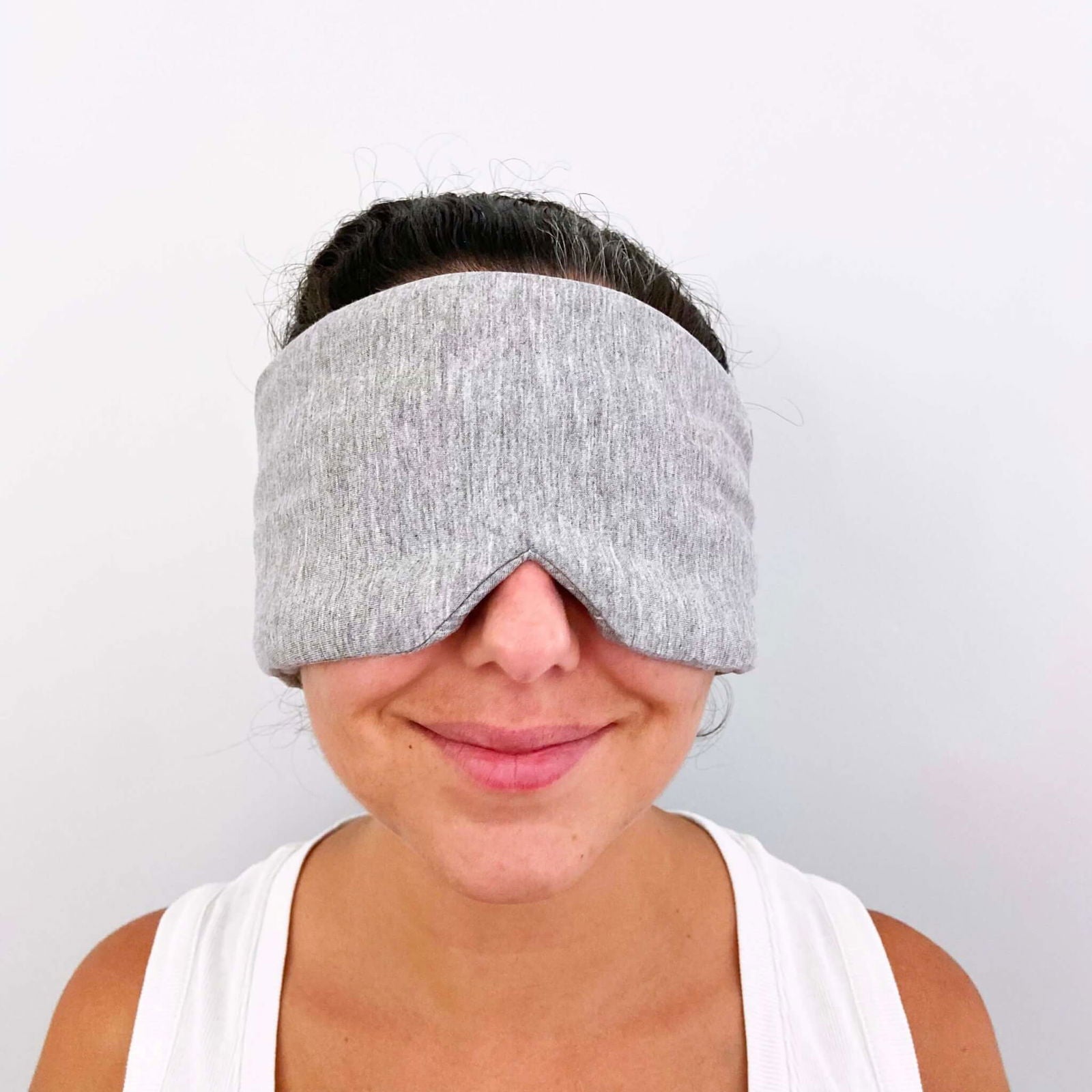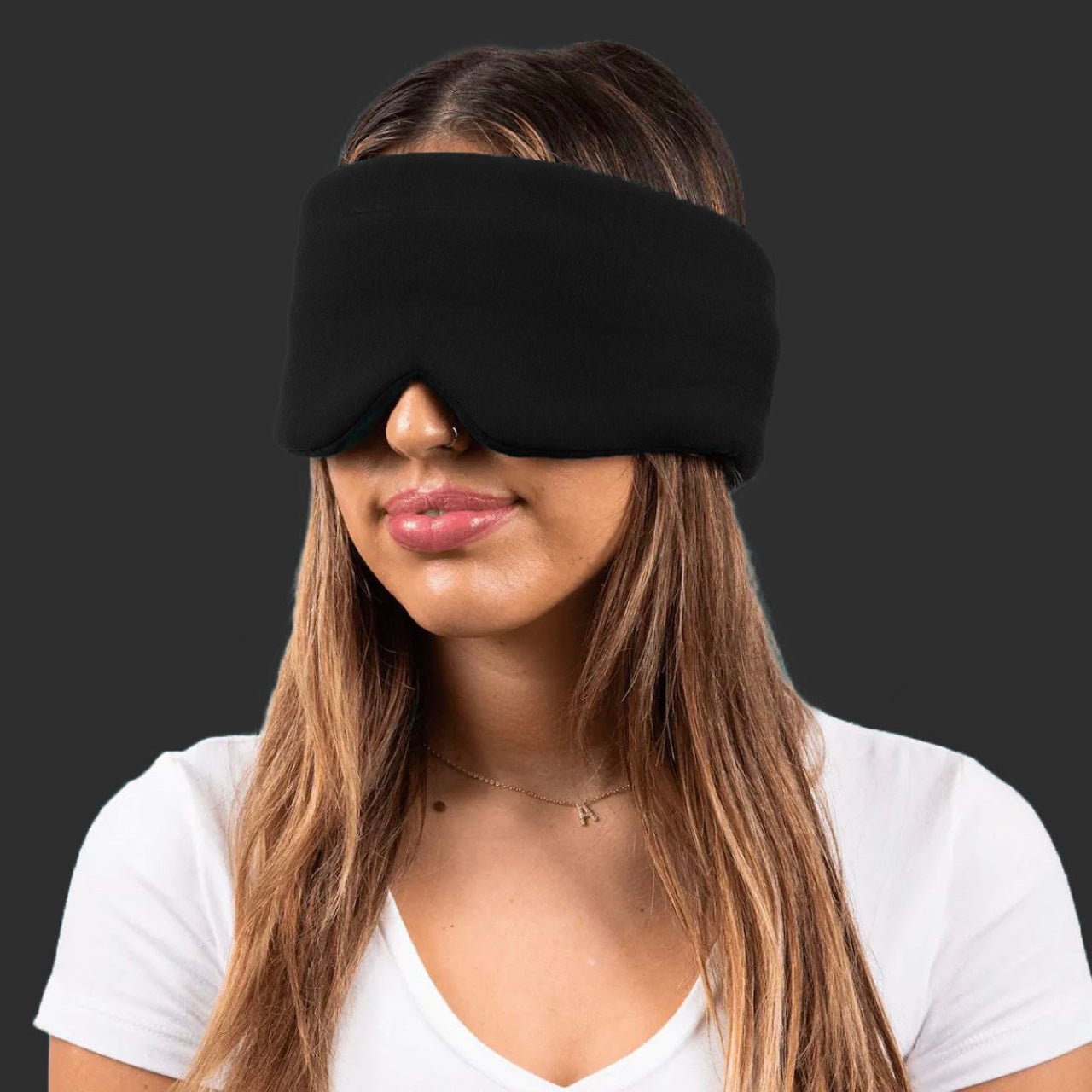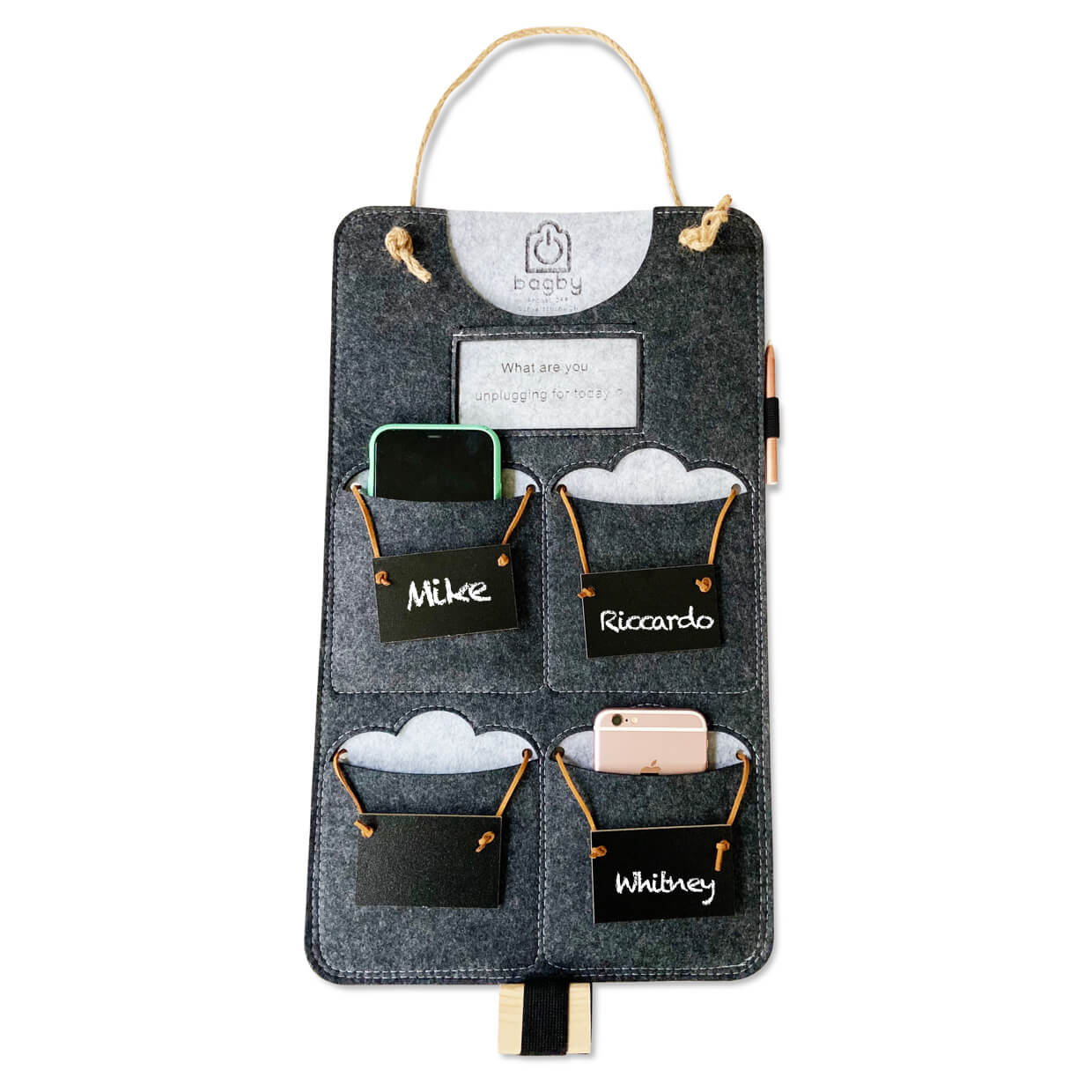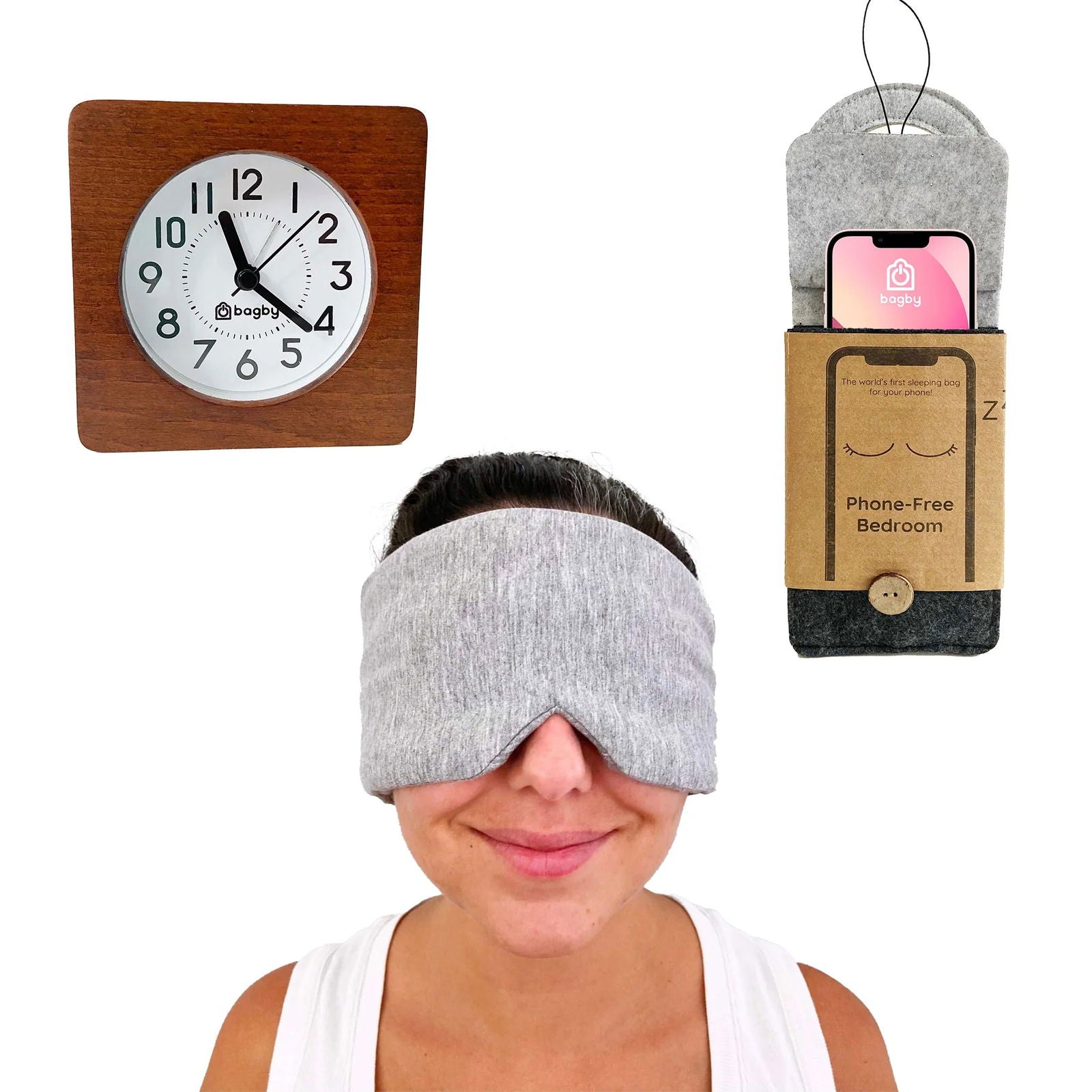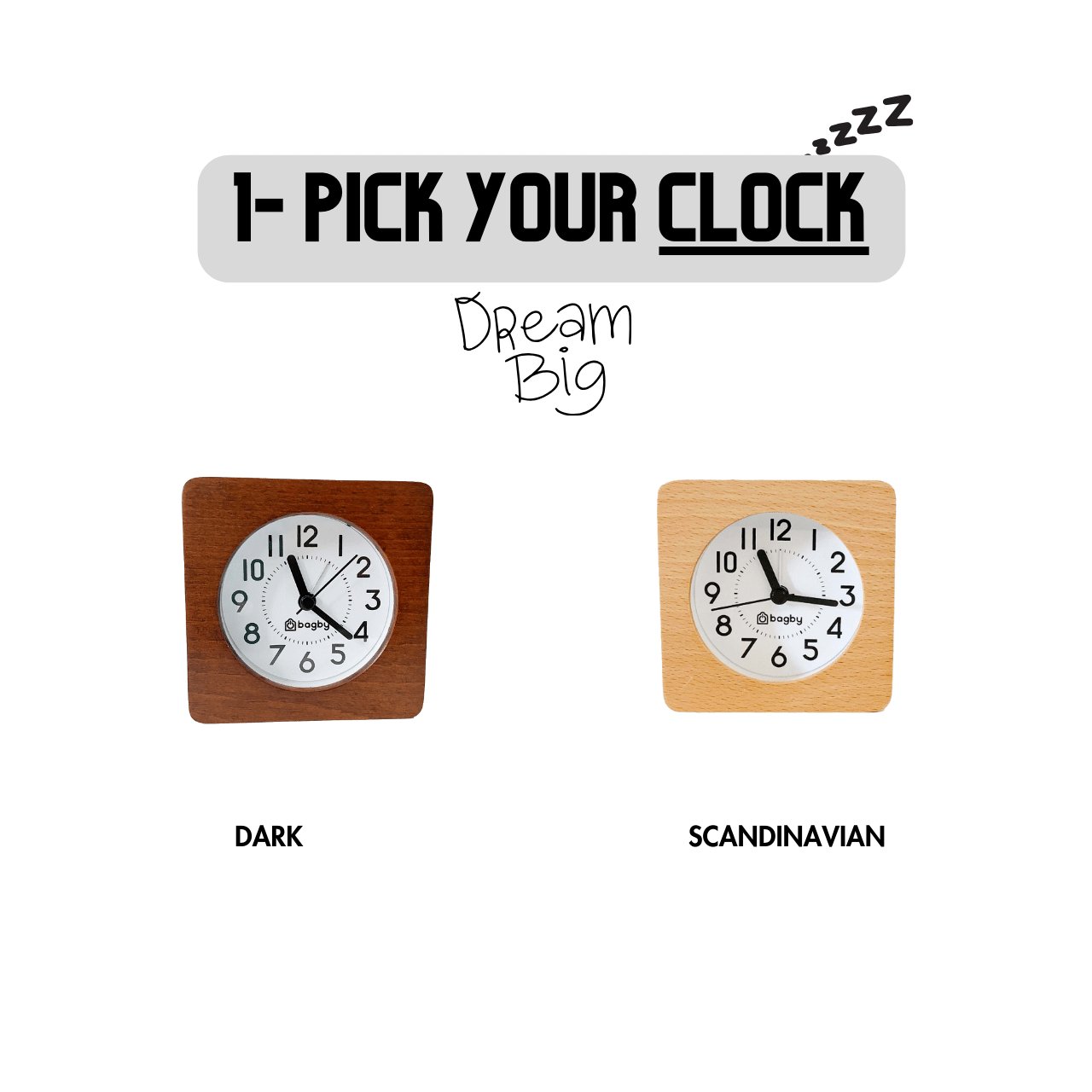When it comes to choosing the right timekeeper for your bedroom, the debate of digital clock vs analog is more than just about style—it’s about reclaiming your rest and well-being.
Replacing that glowing screen with an analog clock could be the game-changer you never knew you needed.
Here’s why making the switch isn’t just smart; it’s essential for your sleep and sanity.
1. The Harm of Blue Light
The first benefit of choosing an analog alarm clock is that they’re digital free, meaning they have zero blue light emissions.
And the one thing you must know about blue light is that it’s the most potent sleep killer in this modern world.
My colleagues at Shield Your Body have written this comprehensive post on blue light, its effects and how you can protect yourself. So, check it out.
In a nutshell, without blue light, you’ll fall asleep faster, sleep deeper and wake up in a 10x better mood.
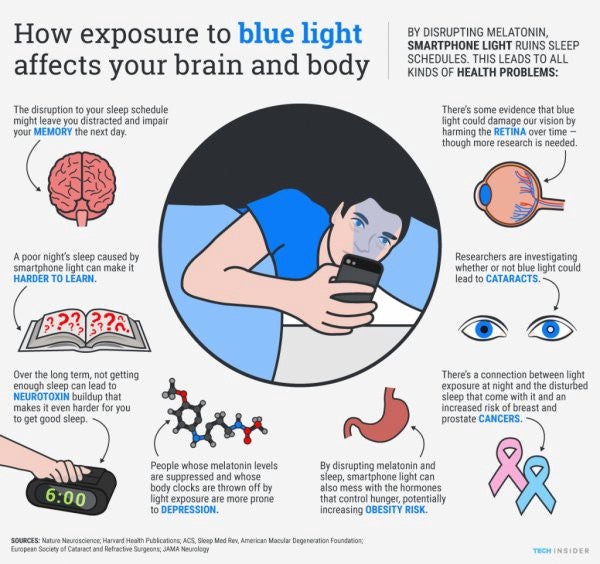
2. EMF Radiation
Do you enjoy your phone, laptop, WiFi, electricity, kitchen appliances, your beloved smart gadgets? If you do, you’re bathing in EMF radiation every single day.
And why does that matter?
Research studies show that prolonged exposure to EMF can cause problems ranging from minor sleep disorders to chronic diseases like cancer.
This is why the World Health Organization’s International Agency for Research on Cancer (IARC) classifies EMF as class 2B carcinogen, which in layman terms translates to “possibly carcinogenic to humans.”

There are literally thousands of research studies on the subject and growing.
But why is this information not more public? Again I’d like to point you towards my colleagues’ “The Business of EMF Science” series.
It’s a seven-part exposé series where they explore EMF science as it is now, discover the hurdles it faced throughout history, and look at those trying to advance and suppress the truth about EMF.

So, definitely check this one out as well.
With analog alarm clock, you have no EMF, which means one less EMF source in your home and your life.
3. Wake Up On Time Even When There’s A Power Outage
The third reason why you should make a switch to analog is that it uses batteries. No more worrying about not waking up on time in case of power outages.

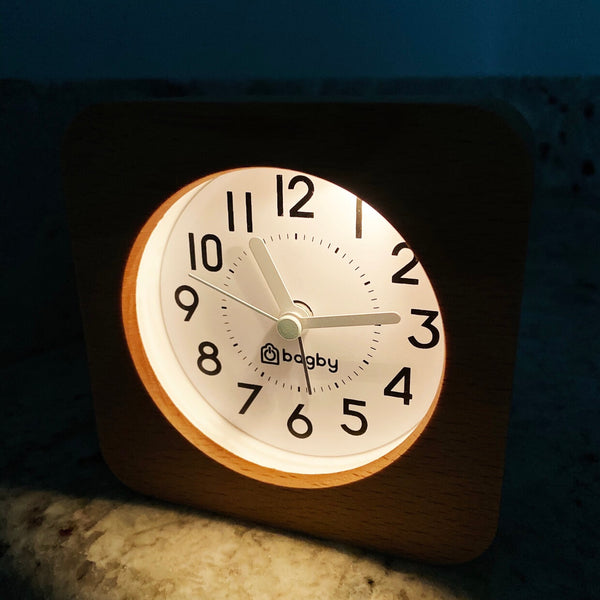
4. No Annoying Lights (Or Ticking Noise)
Digital alarm clocks feature lights that often bother and negatively affect your sleep. The best option is a digital-free (analog) clock with a night light button that is easily reachable so that you use it only when needed.
5. More Vintage And Cool Designs
Digital alarm clocks may be the hype today, but guess what: while new may be tempting, vintage is timeless.
Our silent minimalist alarm clocks give you a vintage, minimalist, old school yet modern vibe that digital can never replace.
6. Time Reliability
Analog alarm clocks offer more reliability in time than their fellow digital cousins.
There are analogue clocks near 300 years old which are still ticking.
Digital clocks haven't been around long enough to demonstrate similar reliability.
Did you know the oldest clock on Earth is located in Prague? Also, don't forget about the Big Ben built in 1834 and that continues (even today) being one of the most visited attractions in the world.
Final Thoughts
In the debate of digital clock vs. analog, it’s clear that analog clocks are not just a nod to the past—they are a choice for a better night’s sleep, fewer distractions, and timeless reliability.
By making the switch to analog, you’re choosing a simpler, healthier, and more dependable way to wake up each day.
So, if you want to reclaim your rest, reduce unnecessary exposure to blue light and EMF, and add a touch of vintage elegance to your room, the choice is simple: embrace the timeless charm of an analog clock and experience the difference for yourself.
It’s time to wake up to a healthier you!


